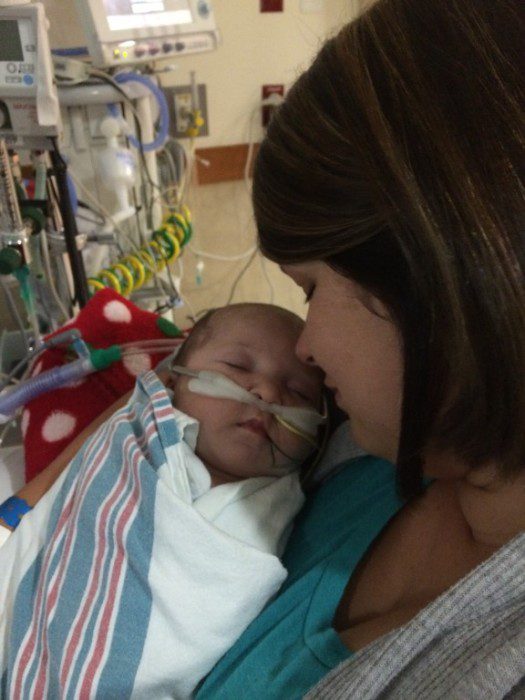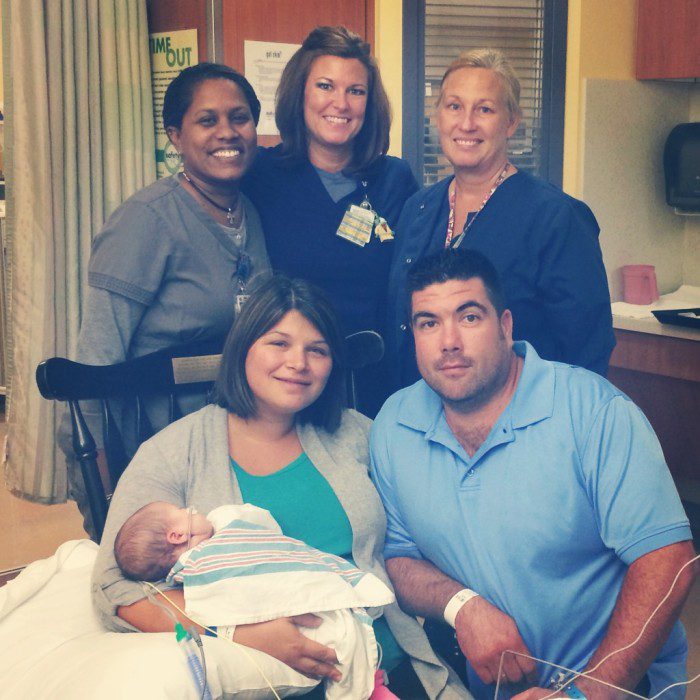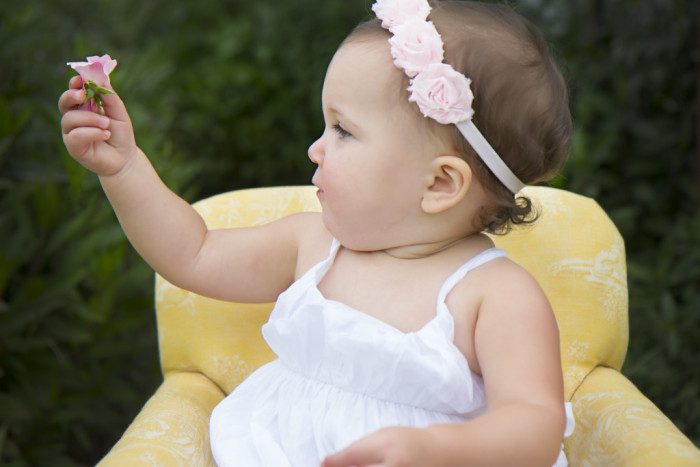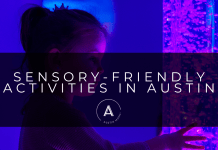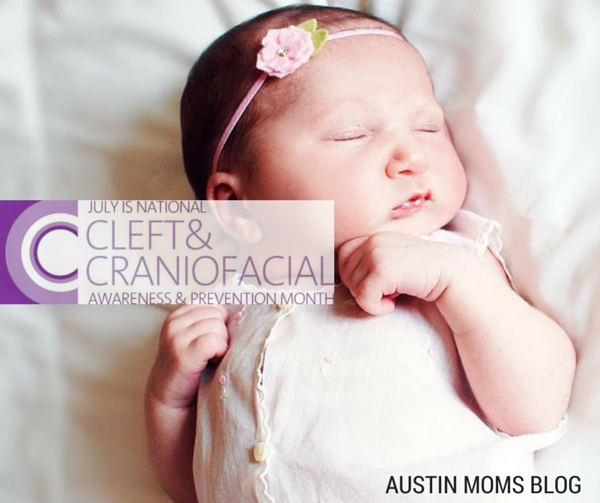
In the United States, approximately one of every 700 babies is born with a cleft lip and/or cleft palate, a condition created when tissue in the baby’s upper lip or the roof of the mouth does not join together completely during pregnancy and leaves an opening. Despite unique health challenges, those born with cleft and craniofacial conditions can lead fulfilling, successful, and accomplished lives. Clefts are usually repaired surgically in the first year of life, though many children require additional surgeries and treatments through adolescence to correct challenges to breathing, eating, or speech development. Individuals born with cleft lip or palate often need specialized dental or orthodontic care throughout their lives as well. The causes of orofacial clefts are mostly unknown, though some result from changes in the child’s genes before birth. Recently, the Centers for Disease Control and Prevention (CDC) found that women who smoke during pregnancy or are diagnosed with diabetes before pregnancy have an increased risk of having a child with a cleft. The CDC also found that women who use certain medicines to treat epilepsy, such as topiramate or valproic acid, during the first trimester (the first 3 months) of pregnancy also have an increased risk. “This condition affects roughly 7,000 of our infants every year in the U.S., and is even more widespread abroad,” says Marilyn Cohen, President of the Cleft Palate Foundation (CPF), “This national month of awareness provides an opportunity for dialogue about facial differences, the treatment options currently available, and how to prevent more craniofacial conditions.”
This is a cause near and dear to my heart. My daughter was born with a cleft palate. We were completely unaware of this until the day she was born. Prior to my daughter being born with this birth defect, I had zero clue what a cleft palate was. I had only ever heard of or seen a cleft lip.
Almost one year ago today, in July 2014, my beautiful baby girl (JK) was born by c-section. In the recovery room, feeling sick as a dog from the anesthesia, I watched a nurse take my baby to get her vitals. As she was looking her over she wondered out loud “She has a cleft palate?” In my nausea filled, postpartum stupor, her little face flashed in my mind. “No she doesn’t” I claimed. “Yes, I believe she does” she said. My husband and I looked at each other in confusion. The nurse called for a doctor to come in. I don’t remember clearly what exactly happened after that. I just remember a doctor saying a lot of words, my husband nodding, and me saying “But her lips are perfect…” When the doctor left we stared at our perfect little baby girl in my arms. We were confused, devastated, scared and overwhelmed with information we didn’t quite understand. Jeremy immediately started “googling” to read up on this birth defect our daughter was born with so that we could better understand exactly what challenges we were facing.
I have to say, because she didn’t look different, and because we were dealing with all of the other newborn issues you face, it didn’t really sink in at first. The next time we were to get information would be our 3rd day in the hospital when we got a visit from a nurse at the Dell Children’s Craniofacial team. (This nurse would later become one of my favorite people that I leaned on quite a bit throughout JK’s first year.) However, our first meeting was, chaotic at best. She came in while I was in the middle of trying to breastfeed with a lactation consultant. (I was told it was unlikely that I would be able to breastfeed, but that with the help of a tube and shield contraption that it may be possible. Ultimately it didn’t work out and I ended up pumping, but I gave it my best shot.) So there I was, boobs out, shield on, tube taped to me, lactation consultant squeezing my boobs, baby screaming because she’s not getting enough, and the nurse comes in rattling off information about what it means that our daughter has a cleft palate. Before I knew it she was asking if I had any questions and I said no, because in that moment I was only worried about feeding my baby… not 10 minutes after she left (and I had pumped enough to satisfy JK) I stared at the stack of pamphlets she had left, buried my head into my baby and burst into sobs. Little did I know this was only the tip of the iceberg.
Fast forward a couple of weeks. We met with the craniofacial team and were told by the surgeon that she had Robin Sequence, which boils down to this: her lower jaw was abnormally short, so when she was developing in the womb, her tongue sat in the place where the roof of her mouth should have formed, therefore causing a cleft palate. At 2 weeks old we were told she would need to have a sleep study done, which revealed she had severe sleep apnea. She was obstructing 60 times an hour in her deep sleep. You can’t imagine our horror, wondering how we were ever going to sleep again knowing this. (We ran out and bought a breathing monitor that day, but that still wasn’t enough to make us feel secure.) One week later, at 3 weeks old we took her in for an airway evaluation. Following that procedure our surgeon told us she would need jaw distraction surgery, a procedure where they would break her tiny jaws and insert distractors, which they would turn twice a day over a period of time to lengthen her jaw. He told us he wanted to admit us right away and perform the surgery the very next morning. This was the first of many moments in the weeks to come I would feel my world stop. I could hear my heartbeat in my ears. I knew my mom and husband were in the room, but I felt all alone. Heartbreak doesn’t describe the agony I felt. I was supposed to be home with my newborn, waking up in the middle of the night to feed her, watching her sleep, fostering a bond between her and her big brother… Yet here I was, watching them tape a stitch in her tongue to her cheek to keep it from essentially choking her. For the next 3 weeks I would sleep on a hospital cot, waking up every few hours to pump in the bathroom. My milk would be fed to her through a feeding tube. Because she had a critical airway, there were complications when she was extubated. You never in your wildest nightmares imagine watching your tiny infant surrounded by doctors and nurses, turning blue on a table and know there’s nothing you can do. Thankfully my sweet girl was able to overcome all of the complications and spent her first year growing strong and healthy at home. She is my little fighter!
When I think back on that time everything feels blurred, yet crystal clear. When you survive a storm like that you think back and wonder how you made it through, and a piece of your heart lives in constant fear it may not really be over. For me, my faith, family and friends kept me going and armed me with a strength I didn’t know I had. One thing is certain, I’ll never be the same.
I could not rightfully tell JK’s story without thanking her amazing team of medical professionals. To the craniofacial team, Dr. Patrick Kelley, Dr. Cassie Havemann, Dr. Syboney Zapata, and Mary Breen, thank you for being so incredibly patient and compassionate with us. And to all of the doctors, nurses, Child Life specialists and staff at Dell Children’s hospital, I wish I could remember you all by name… You are amazing. In a time of heartache and stress, you all were a beacon of light. To Pam Fuller, Pam Marshall, Shawn Davis-Espinosa and Dr. Higgerson, you are angels. You saved JK’s life, and for that we are forever indebted to you. And last but not least, I must thank my dear friend and PICU nurse April Bartsch for making sure we were more than taken care of during our hospital stay, and for being my personal on-call nurse through everything we’ve endured this year with JK’s health. What would I have done without you?!?
JK will have one more surgery to repair her cleft palate shortly after her first birthday. Today she is healthy, happy and sweet as can be! To any moms that may be weathering storms with your infant with cleft or craniofacial issues right now, hang on and keep your faith!
Austin Smiles, The Austin Plastic Surgery Foundation, is a nonprofit 501(c)3organization which provides reconstructive plastic surgery, primarily cleft lip and palate repairs, to the children of Austin and the 10 county area surrounding Austin and in Latin America. For more information on this organization, visit AustinSmiles.org







